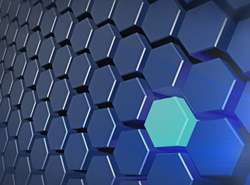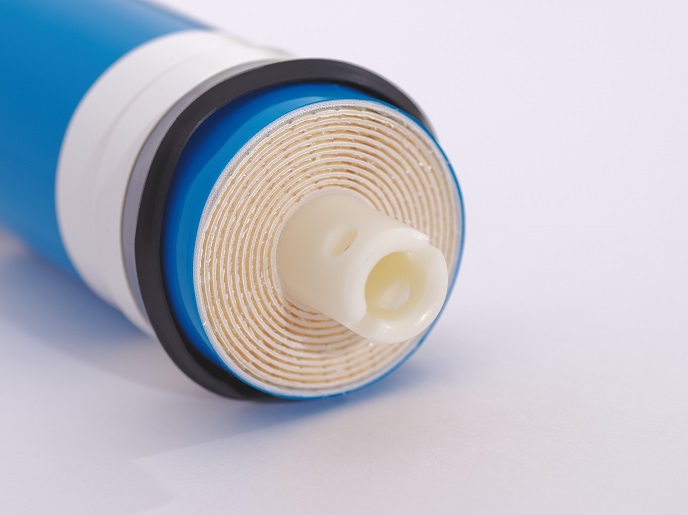Improving membrane technology across the board
The 'Implementation of membrane technology to industry' (IMETI) project is working to establish a programme of applied research for implementing membrane technology in industry, on the basis of experience and knowledge transfer between industry and academia. More specifically, the EU-funded project has set its sights on realising important paradigm shifts in organic solvent nanofiltration and high-temperature gas separation/purification. Researchers aim to deliver scalable, widely applicable, high-performance process technologies and techniques. This will be achieved by integrating novel methods of membrane development and applications with ensuing development of related technology up to the processing scale. Outcomes will include the development of new membranes with enhanced chemical stability and better controlled cut-off properties, as well as commercially viable membranes with high selectivity and flux for gas separations. In work to date, team members have investigated and identified research strategies for controlling the molecular weight cut-off (MWCO) of membranes. Effective control has been achieved by varying solvent to co-solvent ratios, which allowed for development and upscaling of a series of highly solvent stable membranes with different MWCO in the nanofiltration range. Researchers are taking care to maintain membrane and module quality control in accordance with strict pharmaceutical and cosmetic industry regulations. MFI zeolite membranes, popular thanks to molecular sieving properties and high thermal and chemical stability, have been successfully prepared using a seeding and secondary growth procedure. This was done using conventional or microwave-assisted heating methods. Specific MFI membranes in the zeolite framework are now under consideration for use in high-temperature gas separation and mesoporous titania and zirconia membranes. Successful results have been achieved in work on extraction and membrane concentration of valuable antioxidants from plants and propolis, as well as efforts to develop new technology for peptide/oligonucleotide synthesis using nanofiltration membranes. Project partners believe the latter is a positive indication for using this process as an alternative technology platform for industrial-level peptide production. The IMETI project is founding an important basis for furthering membrane technology and establishing long-term collaborations among network teams. This facilitates enhanced research opportunities, training, and the transfer of knowledge.







